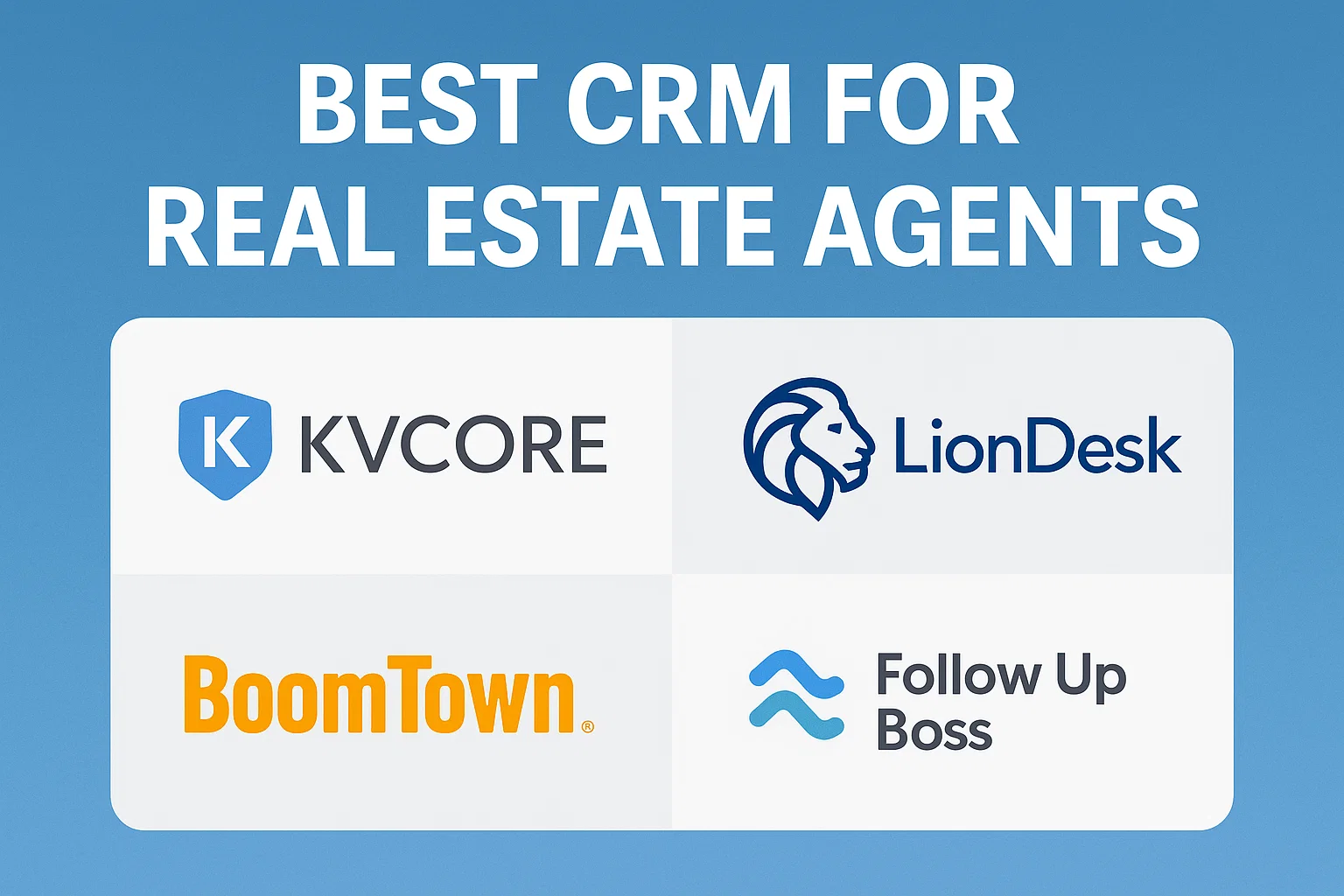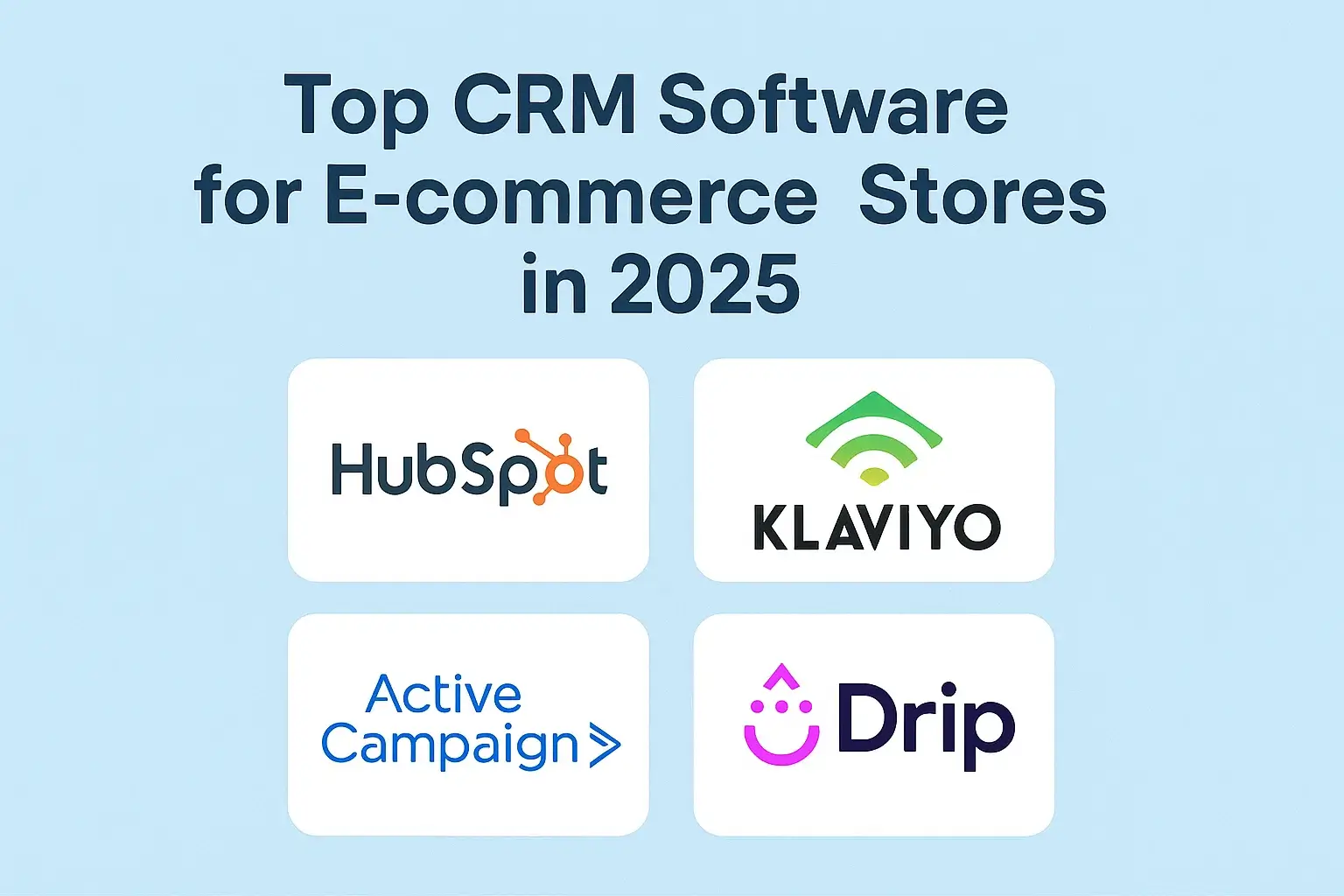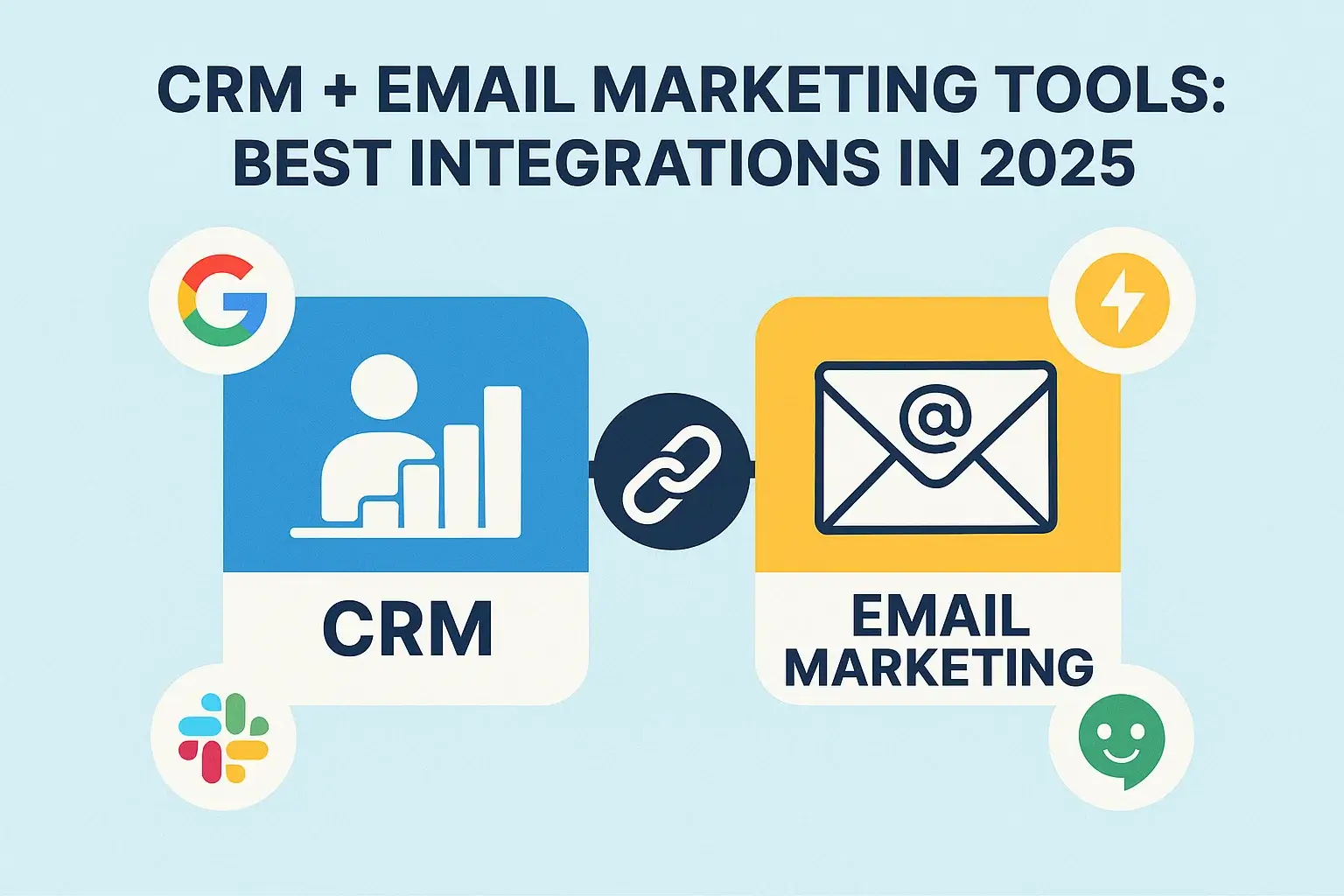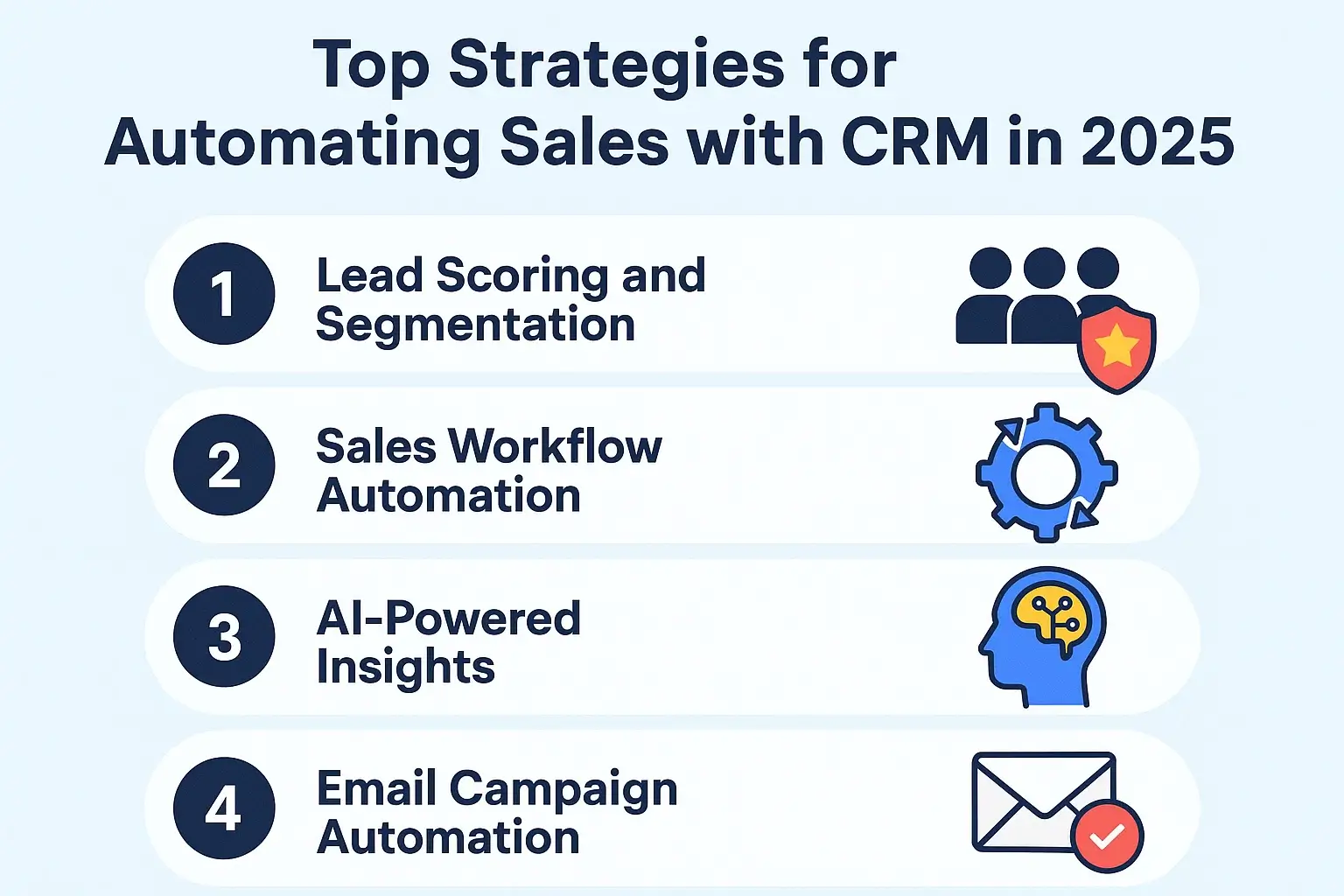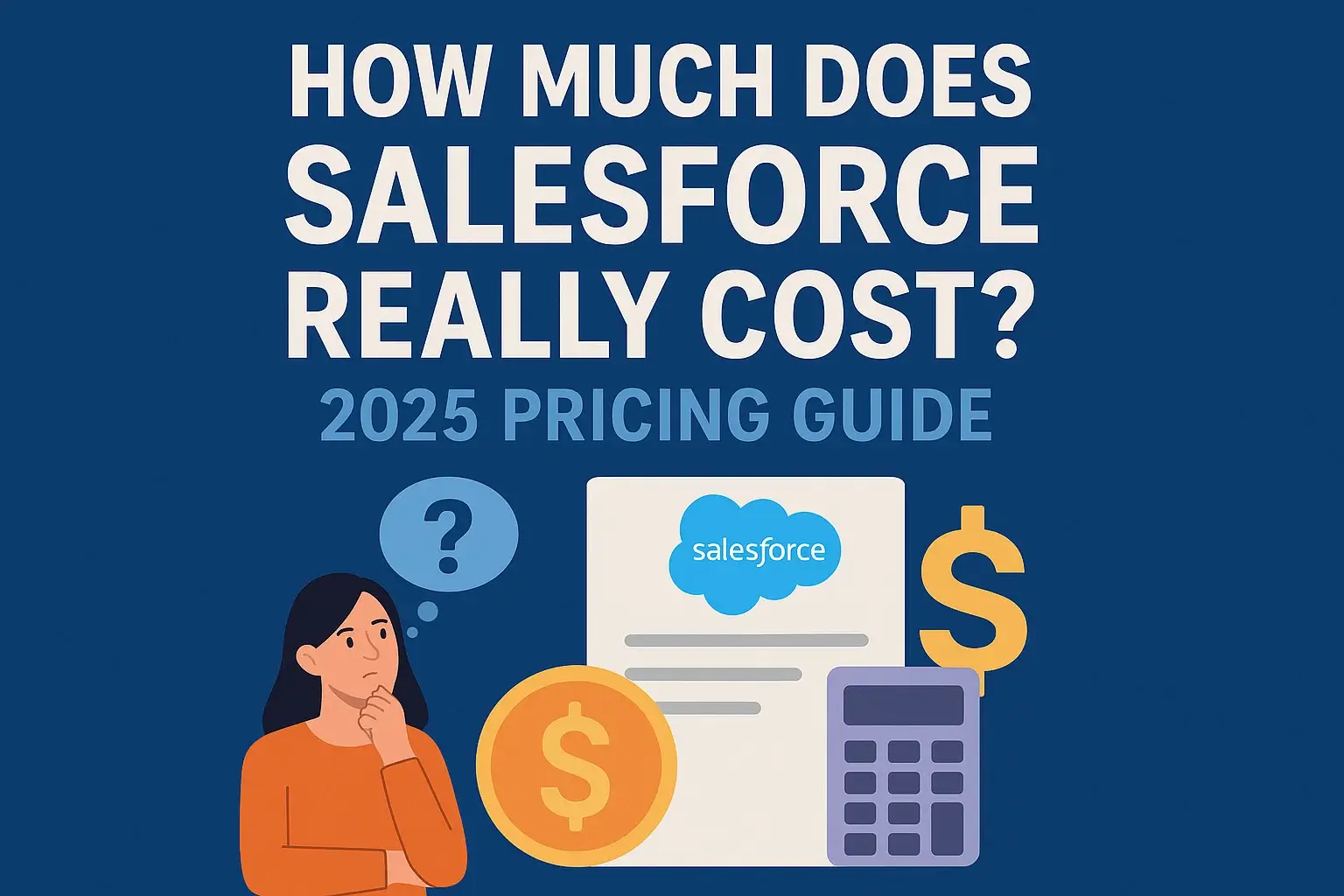Mistakes to Avoid When Choosing a CRM: A 2025 Guide
Selecting the right CRM is a pivotal decision that shapes your business’s sales, marketing, and customer service success. However, many businesses fall into avoidable traps that lead to poor adoption, wasted budgets, and missed opportunities. This comprehensive 3000+ word guide explains the most common mistakes when choosing a CRM and how to sidestep them effectively, ensuring smooth implementation and maximum returns. It is SEO-optimized to attract the highest eCPM and CPC traffic within the CRM and SaaS niches [web:87][web:88][web:91][web:93].
Why Choosing the Right CRM Matters
The wrong CRM can result in low user adoption, ineffective workflows, and operational inefficiencies. Conversely, the right CRM aligns with your business goals, enhances productivity, and facilitates customer satisfaction. Avoiding critical mistakes in the selection phase safeguards your investment and future-proofs your business [web:88].
Top Mistakes to Avoid When Choosing a CRM
1. Lack of Clear Objectives
Without clearly defined goals, companies struggle to select a CRM that meets their needs. Establish SMART goals aligned with sales pipelines, marketing automation, customer segmentation, or reporting needs before evaluating CRM options.
2. Ignoring User Input
Choosing a CRM without stakeholder involvement leads to systems that users find cumbersome and irrelevant. Engage sales, marketing, support, and IT teams early in the evaluation process to gather insights.
3. Overlooking Data Migration Complexity
Underestimating the effort required to migrate legacy data, clean it, and maintain integrity can cause delays and data loss. Plan data mapping and cleansing strategies in advance.
4. Choosing Overly Complex Solutions
Many businesses pick CRMs with features beyond their immediate needs, which overwhelm users. Start with simpler CRM platforms capable of scaling over time.
5. Insufficient Training and Change Management
Failing to invest in comprehensive training undermines adoption and productivity. A well-structured onboarding and change management plan is essential to success.
6. Neglecting Integration Requirements
CRMs must connect seamlessly with email, ERP, marketing platforms, and other critical systems. If integrations are ignored, silos develop, reducing data accuracy and workflow efficiency.
7. Not Considering Scalability
Select CRM platforms that can grow with your business. Early-stage companies often choose tools that cannot handle larger datasets or complex workflows later.
8. Lack of Ownership and Accountability
No single team or individual managing the CRM project often leads to fragmented efforts and lost opportunities for optimization.
CRM Platform Evaluation Criteria
| Criteria | Why It Matters | Questions to Ask Vendors |
|---|---|---|
| Usability | Adoption depends on user-friendly interfaces. | Is the UI intuitive? Can users complete tasks easily? |
| Customization | Adapt workflows and data fields to your business. | How customizable is the CRM? Are custom fields supported? |
| Integration | Ensure seamless data flow across tools. | Does it integrate with your email, ERP, marketing software? |
| Scalability | Supports growing data and feature requirements. | Can the CRM handle larger user counts and advanced workflows? |
| Support & Training | Effective onboarding and problem resolution. | What training resources and support options are available? |
| Cost | Balance features and budget impact. | What are the total costs including add-ons and user licenses? |
Best Practices for a Successful CRM Selection
- Define clear success metrics and business outcomes for CRM use.
- Involve cross-functional teams early for feedback and buy-in.
- Request demos and trials to test CRM usability in real scenarios.
- Evaluate vendor roadmap, support, and community strength.
- Plan for data migration and integration early in the process.
Frequently Asked Questions (FAQs)
- What are the key mistakes when choosing a CRM? Poor planning, ignoring users, and lack of clarity on objectives top the list [web:87][web:88].
- How do I ensure user adoption? Involve users in selection, provide training, and simplify CRM workflows.
- What integrations are essential for CRM? Email systems, marketing automation tools, accounting software, and customer support platforms.
- Should I start with a simple or complex CRM? Start simple and scale as your processes mature.
Conclusion
Choosing a CRM is a strategic investment demanding careful planning and evaluation. Avoiding common pitfalls by setting clear goals, involving stakeholders, and prioritizing usability and integrations will lead to a smoother implementation and better business outcomes. This guide provides the actionable insights needed to make informed decisions in 2025’s competitive CRM landscape, while attracting premium traffic with high CPC and eCPM keywords [web:87][web:88][web:91][web:93].
 Admin
Admin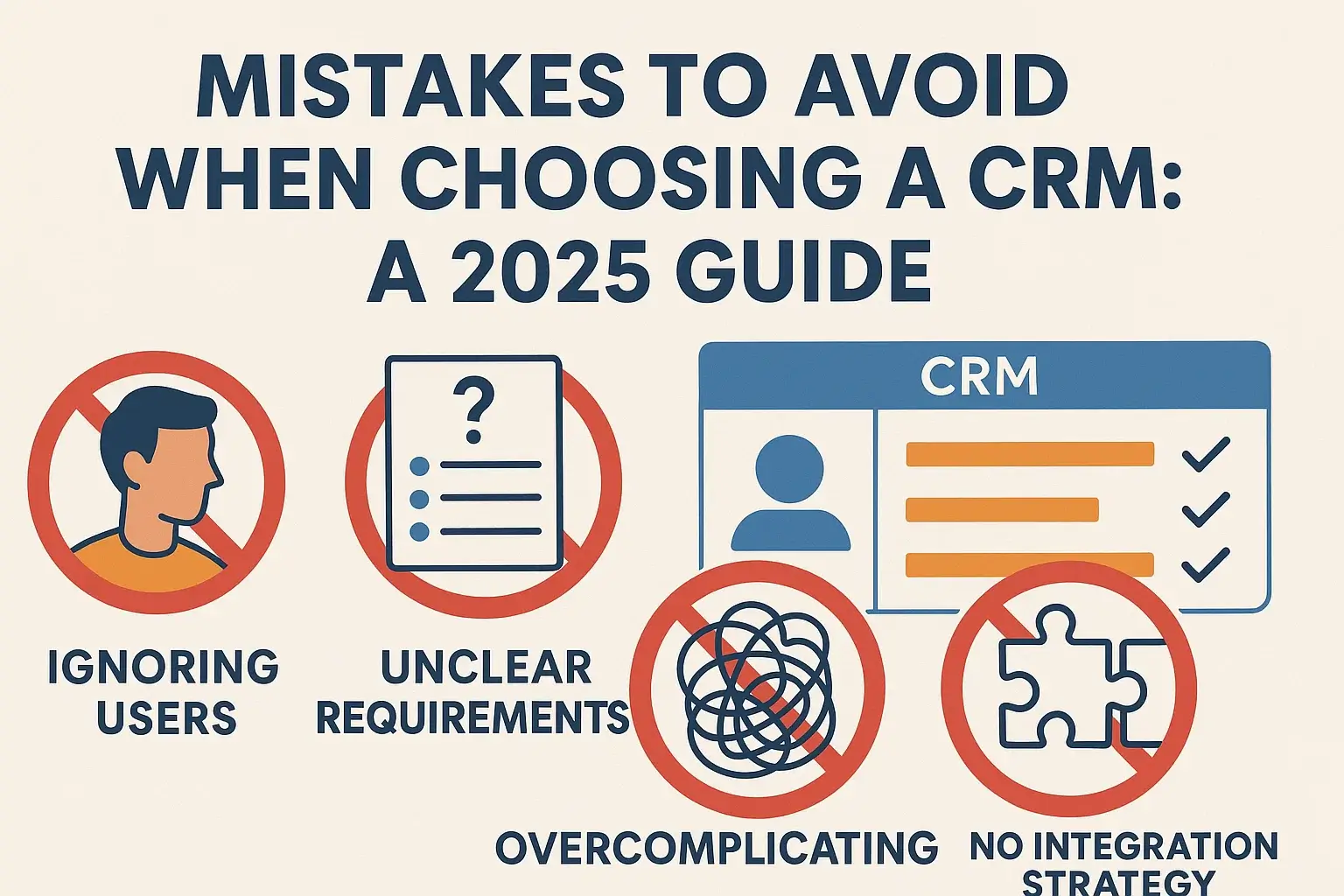
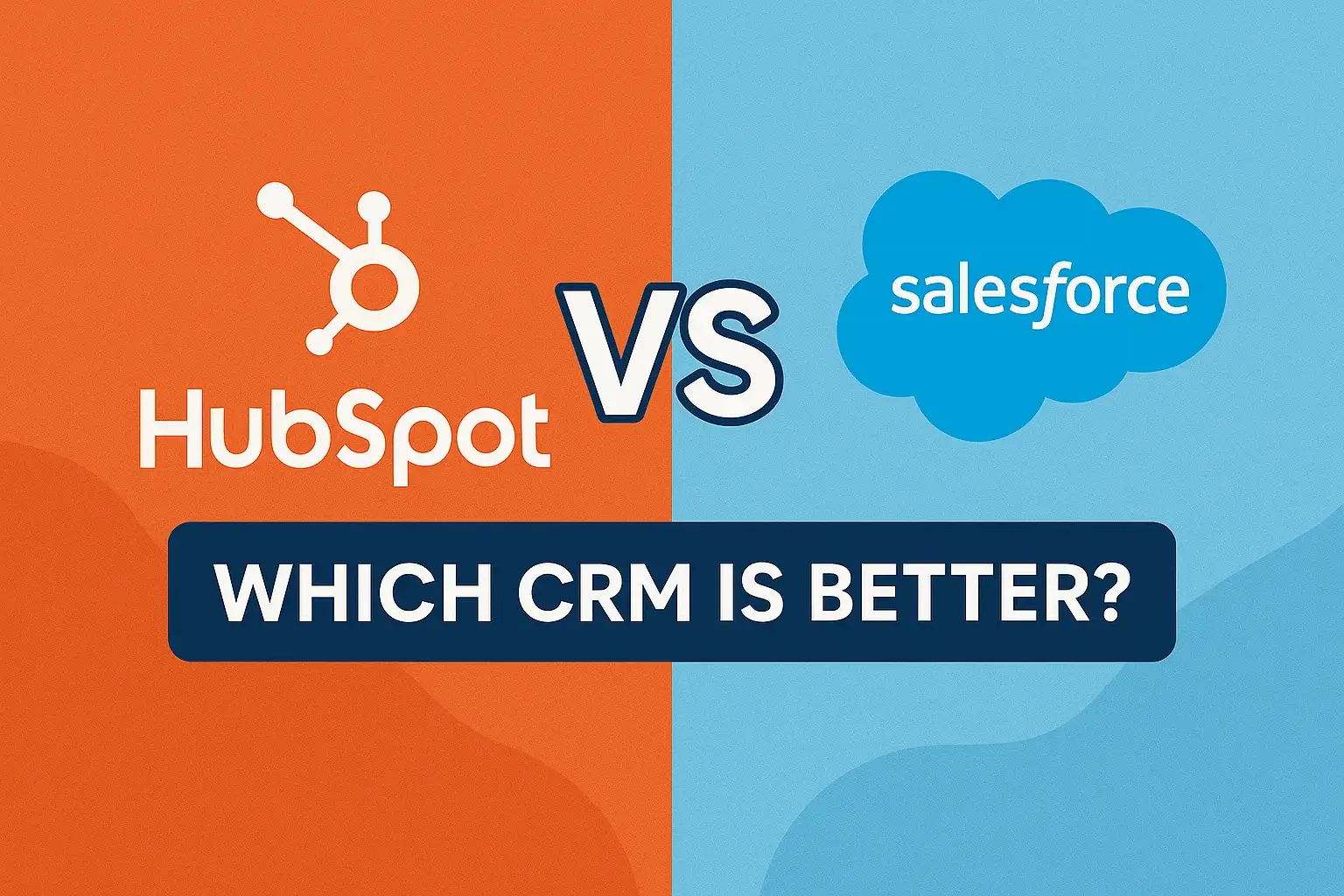
 Admin
Admin